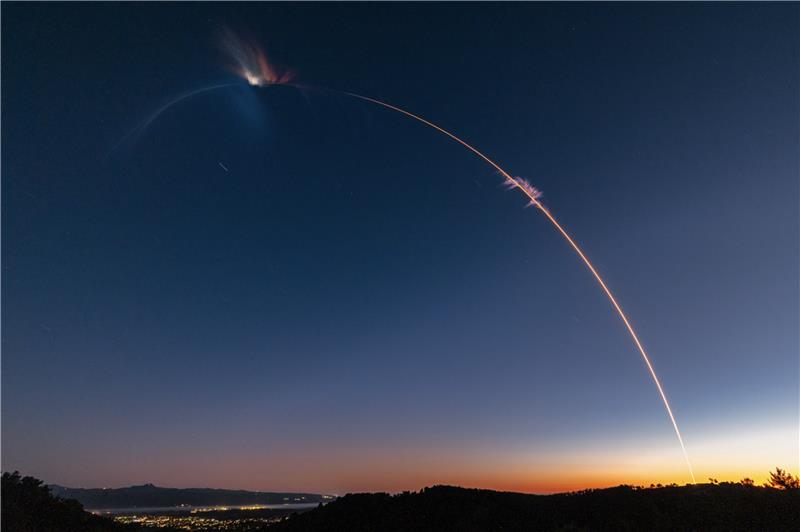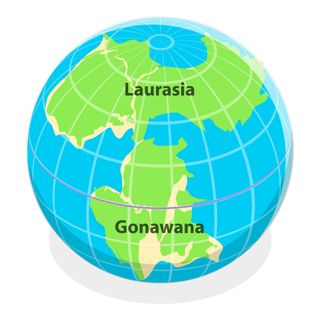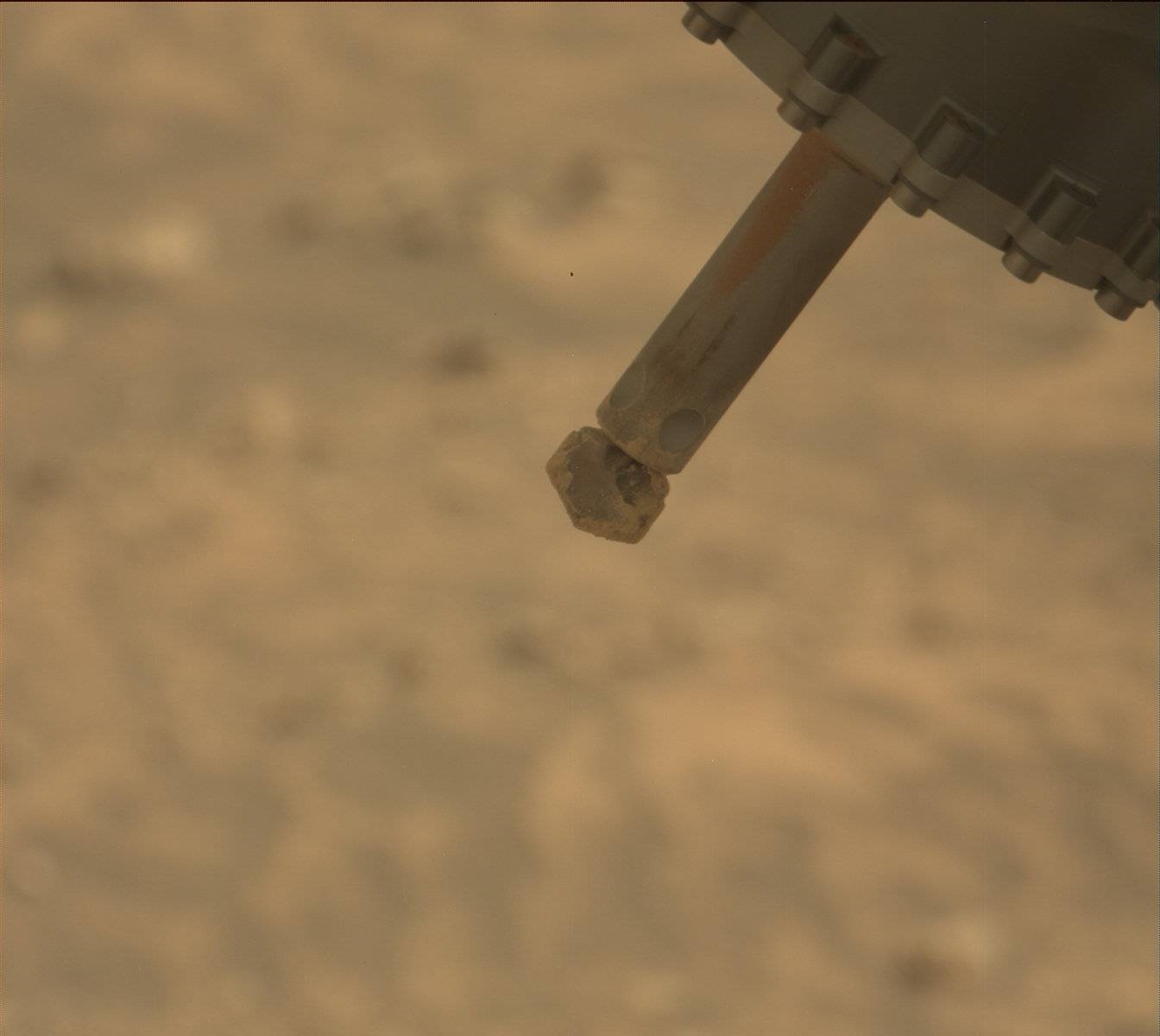Firefly Aerospace’s Alpha rocket leaves a glowing trail above the skies of Vandenberg Space Force Base in California on July 3, 2024. Photo credit: Firefly Aerospace/Trevor Mahlmann As part of NASA’s CubeSat Launch Initiative, Firefly Aerospace launched eight small satellites on July 3 aboard the company’s Alpha rocket. Named “Noise of Summer,” the rocket successfully lifted off from Space Launch Complex 2 at Vandenberg Air Force Base in California at 9:04 p.m. PDT. The CubeSat missions were designed by universities and NASA centers and cover science that includes climate studies,…
Read MoreDay: July 4, 2024
Scientists tap into 2 new quantum methods to catch dark matter suspects
The hunt for dark matter is about to get much cooler. Scientists are developing supercold quantum technology to hunt for the universe’s most elusive and mysterious stuff, which currently constitutes one of science’s biggest mysteries. Despite the fact that dark matter outnumbers the amount of ordinary matter in our universe by about six times, scientists don’t know what it is. That’s at least partly because no experiment devised by humanity has ever been able to detect it. To tackle this conundrum, scientists from several universities across the U.K. have united…
Read MoreBoiling rocks from Earth’s crust tore an ocean into Mongolia 410 million years ago
Over 400 million years ago, an upwelling of hot rock from Earth’s mantle wrenched apart the crust in Mongolia, creating an ocean that survived for 115 million years. The geological history of this ocean could help researchers understand Wilson cycles, or the process by which supercontinents break apart and come together. These are slow, broad-scale processes that progress by less than an inch per year, said study co-author Daniel Pastor-Galán, a geoscientist at the National Spanish Research Council in Madrid. “It’s telling us about processes in the earth that are…
Read MoreScience and music festival Starmus 2025 will return to the Canary Islands
The ambitious science and music festival Starmus will return to the Canary Islands in April 2025 for a historic edition, both for the festival and the island of La Palma. Starmus combines art, music and science to elevate science communication and engage humanity in some of the biggest questions of our time. It was founded by astrophysicist Garik Israelian and Queen guitarist and astrophysicist Brian May. The festival traditionally occurs every two years and recently celebrated its seventh edition in Slovakia in April 2024; Starmus Earth was attended by more…
Read MoreSols 4234-4235: And That’s (Nearly) a Wrap on Mammoth Lakes!
Curiosity Navigation Curiosity Mission Overview Where is Curiosity? Mission Updates Science Overview Instruments Highlights Exploration Goals News and Features Multimedia Curiosity Raw Images Mars Resources Mars Missions Mars Sample Return Mars Perseverance Rover Mars Curiosity Rover MAVEN Mars Reconnaissance Orbiter Mars Odyssey More Mars Missions All Planets Mercury Venus Earth Mars Jupiter Saturn Uranus Neptune Pluto & Dwarf Planets 2 min read Sols 4234-4235: And That’s (Nearly) a Wrap on Mammoth Lakes! This image was taken by Mast Camera (Mastcam) onboard NASA’s Mars rover Curiosity on Sol 4219 (2024-06-19 02:21:12…
Read More



